In today’s interconnected world, the role of a prekldača (translator) is more important than ever. With businesses expanding globally and people traveling or communicating across borders, It is essential for ensuring accurate communication between different languages and cultures.
What is a Prekldača?
A prekldača is someone who converts text from one language to another. The primary responsibility of a prekldača is to maintain the original meaning while accurately translating words and phrases into the target language. While machine translation tools have gained popularity, the skill of a human remains irreplaceable in many situations.
The Different Types of Prekldača
There are several types each specializing in specific areas of translation:
- Literary Prekldača: This type of prekldača focuses on translating works of literature, such as books, poems, and plays. Their job is to maintain the style, emotion, and intent of the original author.
- Technical : A technical handles documents related to fields like engineering, medicine, or IT. These translations require a deep understanding of industry-specific terms.
- Legal Prekldača: A legal translates legal documents, contracts, and other legally binding texts. Precision is key in this field, as even a minor mistake can lead to significant consequences.
- Medical : Medical documents, including patient records and research papers, often require a who understands complex medical terminology.
- Machine : Although not human, a machine like Google Translate has become a common tool for casual translation. However, these tools often lack the ability to grasp nuance and cultural differences.
The Importance of Prekldača in Global Business
In global business, a prekldača ensures that companies can communicate effectively with partners, clients, and customers who speak different languages. A skilled prekldača not only translates the words but also ensures that the message is culturally appropriate. Without a professional , businesses risk miscommunication, which could lead to lost deals or damaged relationships.
Challenges Faced
The profession comes with numerous challenges:
- Cultural Nuances: A must be aware of cultural differences and ensure that the translation respects the target audience’s values and norms.
- Idiomatic Expressions: Some phrases don’t translate directly from one language to another. A skilled prekldača finds ways to convey the intended meaning without losing the original context.
- Tone and Style: A must ensure that the tone of the text is maintained, whether it’s formal, casual, or somewhere in between.
Machine Translation vs. Human Prekldača
With the rise of AI, machine translation tools have become widely available. These tools can quickly translate simple text, but they cannot match the accuracy and contextual understanding of a human prekldača. To understands the intricacies of language and is able to convey emotions, cultural subtleties, and complex ideas, which machines often struggle to achieve.
Real-Life Applications
The role of a prekldača is vital in many areas of daily life. For example, international companies rely on a to translate contracts and agreements. In the entertainment industry, movies, books, and games are translated into multiple languages to reach a global audience. Even in tourism, guides and materials are translated to enhance the visitor experience.
Why Human Irreplaceable
Despite advances in technology, human prekldača remain irreplaceable. While AI-based tools may handle basic tasks, they fall short when it comes to complex texts, legal documents, or creative works. It has the ability to interpret context, adapt to tone, and understand subtle cultural references that machines cannot.
Conclusion
In the modern world, the work of a prekldača is indispensable. Whether it’s in literature, business, law, or everyday communication, It ensures that people understand each other, no matter the language. Even with the rise of machine translation, human will always be needed for nuanced, accurate, and culturally appropriate translations.
FAQs
1. What is a prekldača?
A prekldača is a translator who converts written content from one language to another. Their role involves ensuring that the translated text accurately conveys the original meaning, tone, and context, while adapting it to the cultural nuances of the target language.
2. Can machine translation tools replace a human prekldača?
While machine translation tools like Google Translate can handle simple translations, they are far from perfect for complex or nuanced texts. A human essential when precision, cultural understanding, and context are required, such as in legal, literary, or technical translations.
3. What are the challenges faced by a prekldača?
A often encounters challenges such as cultural differences, idiomatic expressions, and maintaining the tone and style of the original text. These challenges require creativity and a deep understanding of both languages involved.
4. What types of work does a prekldača typically handle?
A can specialize in various fields, including literary translation (books, poems), technical translation (manuals, medical documents), legal translation (contracts, agreements), and more. The type of work depends on the prekldača’s expertise and industry focus.
5. Why is cultural knowledge important for a prekldača?
Cultural knowledge allows a to adapt a translation so it resonates with the target audience. Without understanding the cultural context, even an accurate translation could miscommunicate the intended meaning or feel inappropriate to the reader.
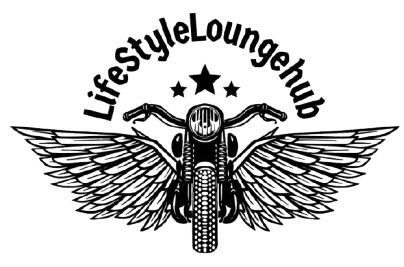




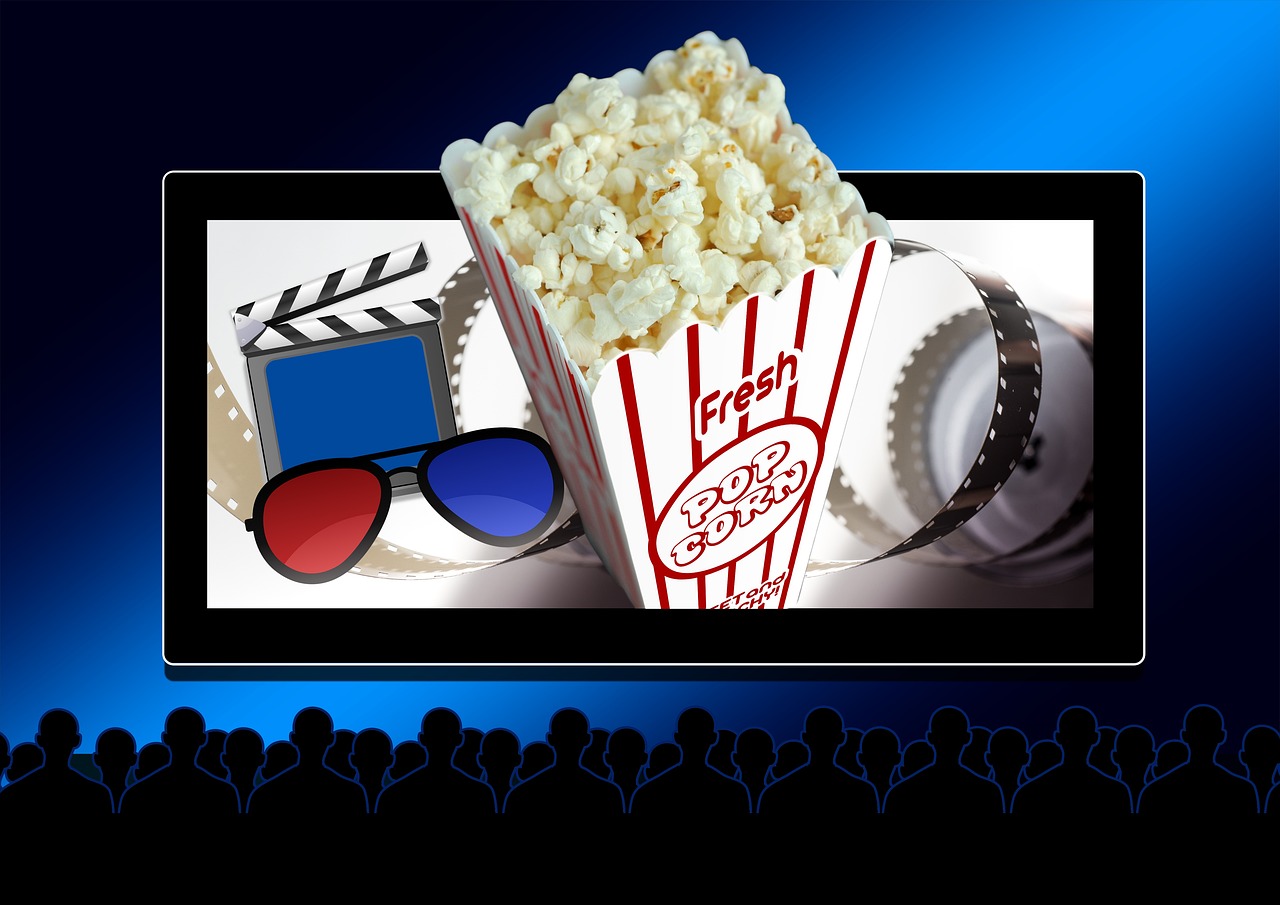



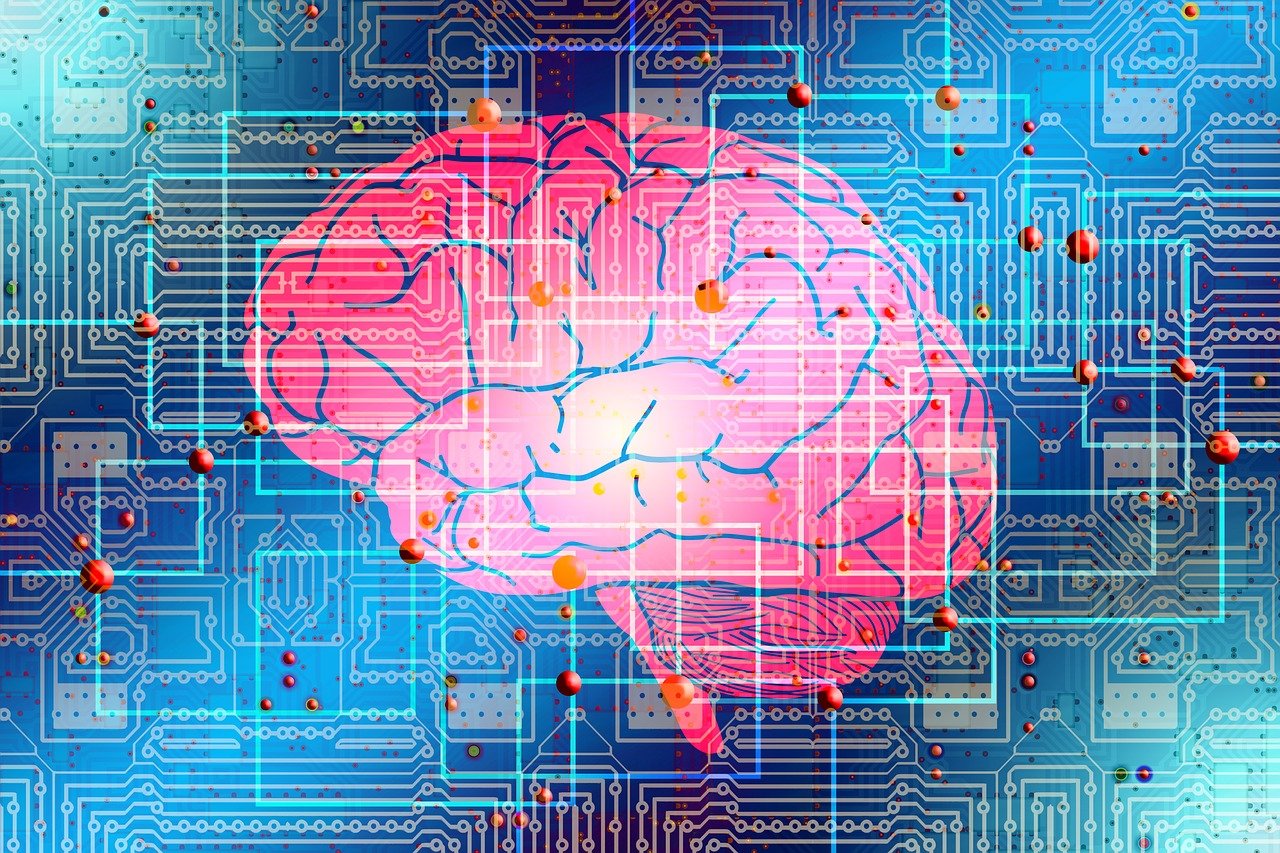
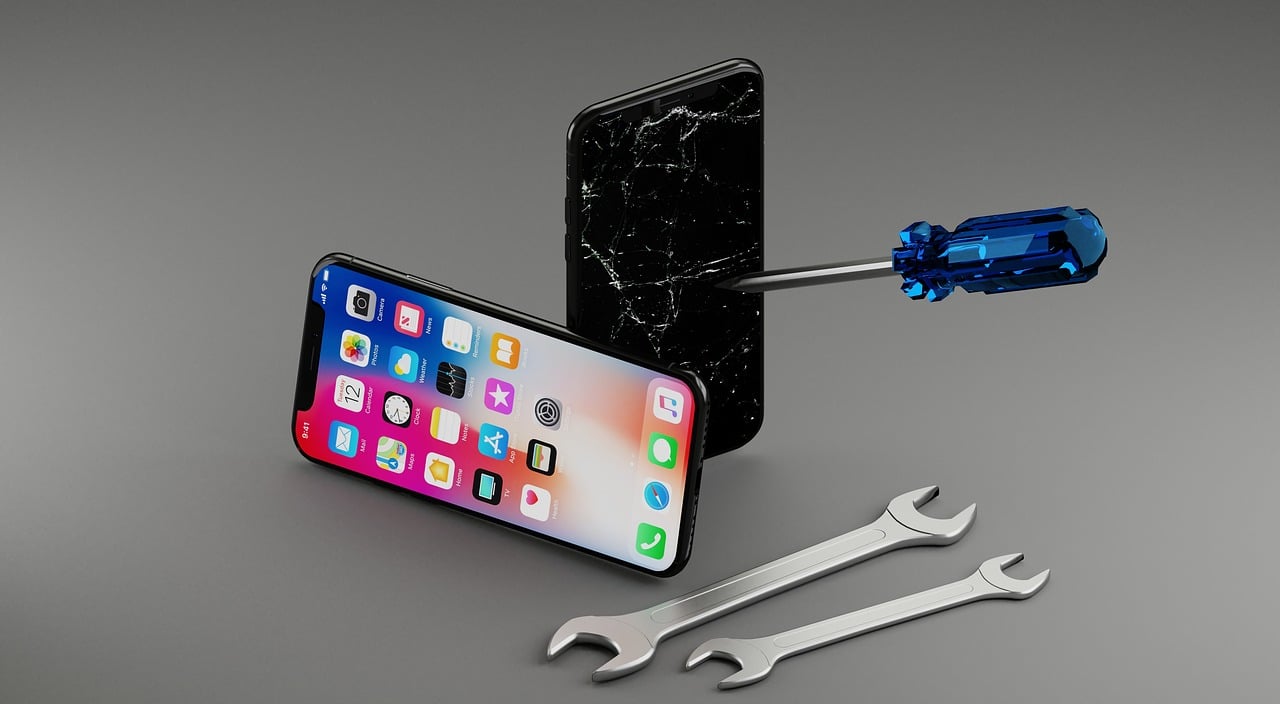

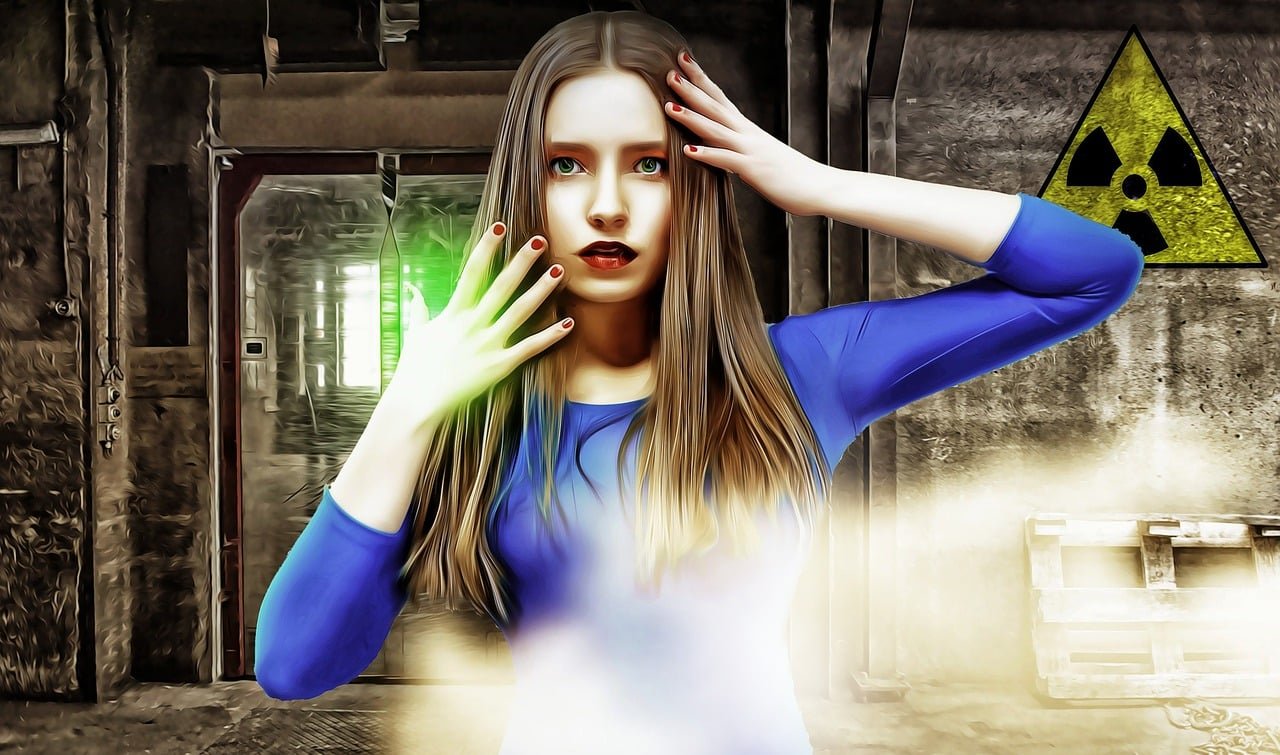


Leave a Reply